Vietnan/Junio de 2017/Fuente: Xinhuanet
Resumen: «No estoy pensando en enviar a mis hijos a las escuelas públicas, la calidad de la educación no es lo suficientemente buena», dijo Nguyen Thi Nhan, madre de dos hijos de 37 años. Nhan está ocupada buscando una escuela para su hijo de seis años. Ella está considerando una «escuela internacional» cercana, que ha recibido numerosos elogios de los padres locales. Sin embargo, la idea de lo que constituye una llamada «escuela internacional» en Vietnam es un tema polémico. Según las autoridades educativas, hay sólo dos escuelas internacionales en Vietnam, ambas con sede en Hanoi. Entre ellos están la Escuela Internacional de las Naciones Unidas (UNIS) y una escuela internacional de francés Alexandre Yersin. Aparte de estas dos escuelas, ninguna se considera escuelas internacionales, según el Ministerio vietnamita de Educación y Formación. Sin embargo, muchas otras escuelas todavía se llaman o se llaman «escuelas internacionales» ya que son invertidas en por compañías extranjeras, vietnamitas en el extranjero, o siguen los planes de estudios extranjeros.
«I’m not considering sending my kids to public schools, the education quality there is not good enough,» Nguyen Thi Nhan, a 37-year-old mother of two, told Xinhua recently, in the Vietnamese capital of Hanoi.
Nhan is busy looking for a school for her six-year-old son. She is considering a nearby «international school,» which has received numerous compliments from local parents.
However, the idea of what constitutes a so-called «international school» in Vietnam is a controversial topic. According to educational authorities, there are only two international schools in Vietnam, both based in Hanoi. They include the United Nations International School (UNIS) and an international French school Alexandre Yersin.
Apart from these two schools, none are considered international schools, according to the Vietnamese Ministry of Education and Training.
However, many other schools are still called or call themselves «international schools» as they are either invested in by foreign companies, overseas Vietnamese, or follow foreign curriculums.
Van Nhu Cuong, a renowned teacher and educational expert, told Xinhua that under Vietnamese regulations, there are no official definitions of «international school,» and no criteria for a school to be called «international.»
«Schools are only divided into public and private ones,» he added.
Stepping into Newton Grammar School in a new urban area in western Hanoi, visitors are enthralled by its modern appearance. The school has five or six newly-constructed buildings, with a large playground and a swimming pool. The classrooms are spacious and not crowded at all.
In addition to learning mathematics, literature, geography and history, students are provided with extra courses in foreign languages, life skills like giving presentations, chairing negotiations, time management, or life-saving swimming skills, among others.
In a country in which Confucius’ thoughts are deeply-rooted in many people’s minds, securing a place in leading universities is the biggest concern of local parents. Thinking of such advantages of the school, Nhan has no doubt about sending her child there.
«With the academic knowledge, foreign languages and skills gained in international schools, my child will become a global citizen and find it easy to get a good job in the future,» the mother said.
Cuong admitted that there is a trend of local parents, especially those in urban areas, wanting to send their kids to international schools. However, the expert said, «The number is far from the majority. In reality, many international schools face shortages of students.»
Comparing public and international schools, Cuong said the strength of international schools is the quality of foreign language teaching.
«In some international schools, all subjects are taught and learned in foreign languages. The number of students in each class is much smaller than that in public schools, which results from their very expensive tuition fees,» said the expert.
TH School, a newly-launched school by local multi-sector giant TH Group, publicized its tuition fees from kindergarten to grade 12, as standing at 207-468 million Vietnamese dong (9,160-20,710 U.S. dollars) for each school year.
The fees are quite high, compared to the living standard of local people. In 2016, Vietnam’s gross domestic product (GDP) per capita stood at 2,215 U.S. dollars. As such, Nhan, an urban office clerk, is lucky, because for the vast number of Vietnamese people, international schools remain outside their reach.
Public schools, for their part, cost a student around 10-20 million Vietnamese dong (442-885 U.S. dollars) for each school year comprising two semesters.
In a larger context, relative to its low income level, Vietnam has achieved remarkable success in terms of its basic education outcomes, as some 90 percent of Vietnamese people complete primary education.
It is undeniable that Vietnam has made impressive improvements as evidenced by education attainment since the early 1990s. According to household survey data, between 1992 and 2008, the percentage of its population aged 25-55 without any education level completed, decreased from 23 percent to less than 1 percent.
However, the educational expert told Xinhua that the public schools fail to meet many of the requirements of the students and parents.
«The curriculum is too hard for kids, while the study time in class is too little. Teachers and students must ‘run’ a race to fulfill all the tasks,» said Cuong.
Moreover, the curriculum in public schools is not balanced as it focuses too much on theories and looks down on practices, said the expert.
Also, the state-run system lacks innovation and creativity. «The classes are usually boring as most of the time, the teacher will read out loud and the students will take dictation. Students lack studying inspiration while teaching facilities remain inadequate and weak,» assessed Cuong.
Echoing the findings of local experts, a report released recently by the World Bank stated that Vietnam’s education system is facing a major problem of insufficient school quality.
As such, Vietnam, one of the most dynamic economies in Asia, will find it hard to realize the government’s strong commitment to achieving universal basic education as a foundation for social development and economic growth.
The vast majority of Vietnam’s schools are public (government-operated) schools. The public system accounts for about 86 percent of the schools and 89 percent of the students, said the bank.
The workforce, mainly educated at state-run schools, have difficulty in placing themselves in a changing digital economy.
Statistics from the Vietnamese Ministry of Labor, Invalids and Social affairs showed that as of late 2016, a total of 1.1 million Vietnamese people at working ages were unemployed. Among them, some 19.7 percent had university degrees or higher.
Insiders forecast that in 2017, Vietnam will have 200,000 more jobless bachelor degree holders.
Acknowledging the problem with the two systems, the expert raised concerns if Vietnam were to fail to narrow the increasingly widening gap between the public and international schools.
«In order to get rid of the shortcomings of public schools, it needs a big investment, a lot of money. At least, in terms of salary, the teachers should be paid an amount that is equivalent to their work,» Cuong proposed.
In the long term, it is crucial to develop a quality public school system. Vietnam is doing so, said Cuong.
«The Vietnamese educational system has been carrying out its fundamental and comprehensive reforms, though it is in its infancy,» said the expert.
Fuente: http://news.xinhuanet.com/english/2017-06/01/c_136332157.htm
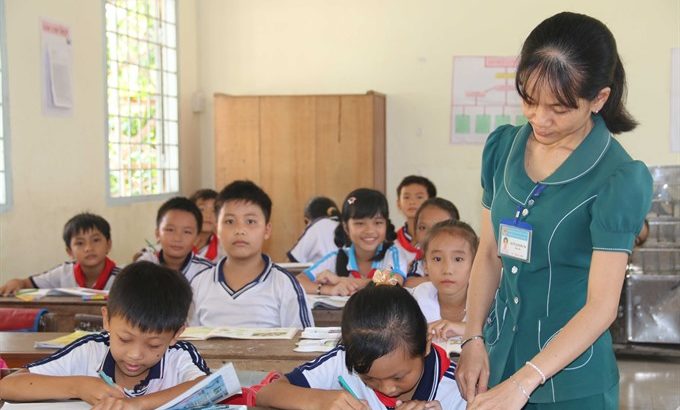
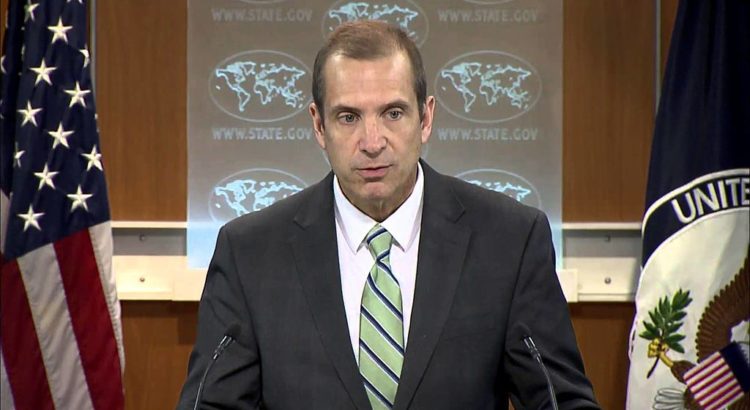
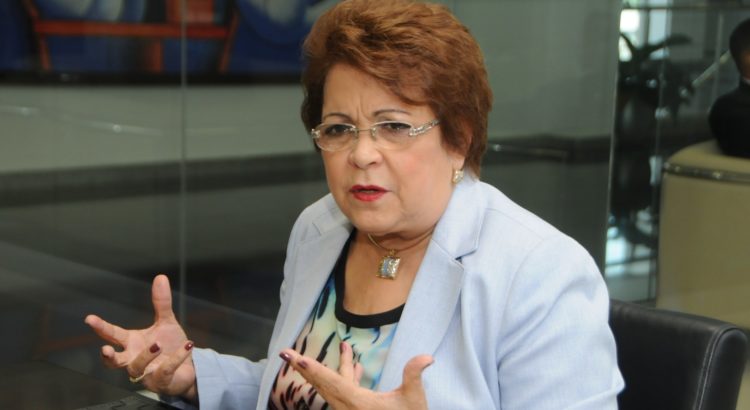
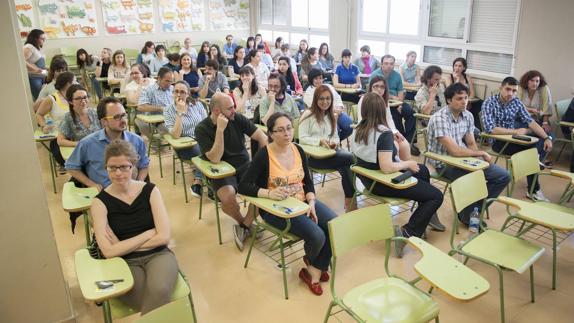
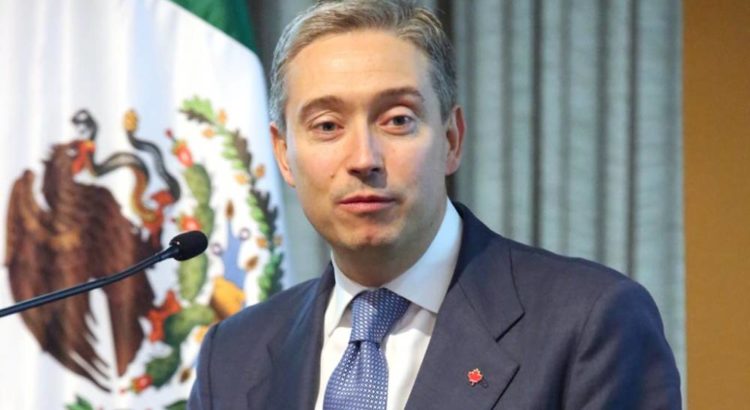








 Users Today : 40
Users Today : 40 Total Users : 35460423
Total Users : 35460423 Views Today : 79
Views Today : 79 Total views : 3419242
Total views : 3419242